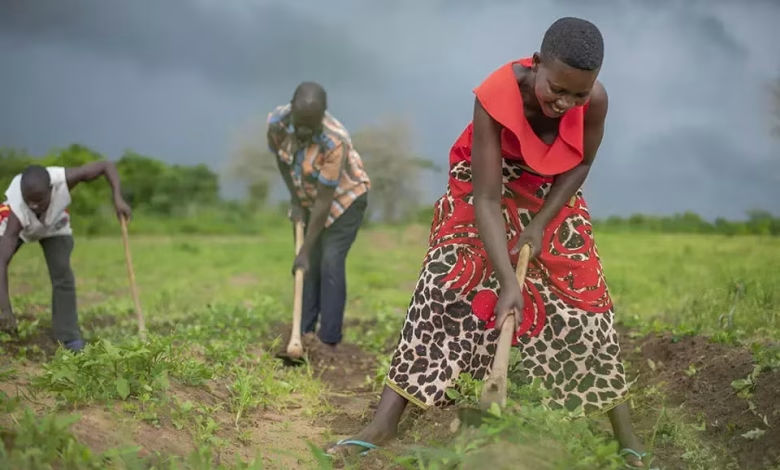Smallholder farmers to benefit from 67,000 irrigation wells

DODOMA: THE government plans to drill 67,000 irrigation wells for smallholder farmers across the country to boost agricultural productivity.
Deputy Minister for Agriculture, Mr David Silinde, said implementation will begin soon, and the government has already secured vehicles for the drilling exercise.
He was responding to a supplementary question from Special Seats MP Neema Mgaya, who asked about infrastructure support for smallholder tea farmers in Njombe Region to improve yields and profitability.
Mr Silinde said the project will cover all smallholder crops, including tea and coffee.
He said the wells aim to increase access to irrigation and reduce dependence on rainfall, thereby supporting year-round farming.
Responding to another question by Ludewa MP Joseph Kamonga (CCM) regarding irrigation infrastructure in Ludewa District, the Deputy Minister said the government will continue implementing irrigation projects in the area during the 2024/2025 financial year.
He said that through the National Irrigation Commission, feasibility studies and designs are underway for irrigation schemes in Mbwila (4,000 hectares), Iselela (1,800 hectares) and the Ruhuhu River basin (4,500 hectares).
These studies are expected to be completed by June 2025, after which contractors will be procured.
ALSO READ: Crop exports soar as farmers earn 4.9tri/-
Additionally, the Commission is drilling an irrigation well in Mangalanyene village, which will irrigate 123 acres and benefit 80 tea farmers upon completion.
Presenting the Ministry of Agriculture’s 1.24tri/- budget estimates for 2025/26 recently, Minister Hussein Bashe said that the government also plans to drill 500 irrigation wells through the National Irrigation Commission.
These wells are expected to irrigate 30,393.39 hectares in 178 councils and benefit 58,903 farmers.
Mr Bashe said that during the 2024/2025 financial year, the Ministry was allocated 393.435bn/- to implement 780 irrigation projects covering 543,366.46 hectares.
Of the ongoing projects, 125 covering 237,005.46 hectares are for construction and rehabilitation. Twelve of these projects have already been completed.
Another 114 projects involve feasibility studies and dam construction with a combined storage capacity of 1.18 billion cubic metres. Of these, 19 dams are under construction while two have been completed.
Mr Bashe noted significant progress in the sector, with irrigation projects increasing from just 13 in 2020/2021 to 780 in 2024/2025.
Once completed, these projects are expected to increase the country’s total irrigated land to 1,270,647.06 hectares.





